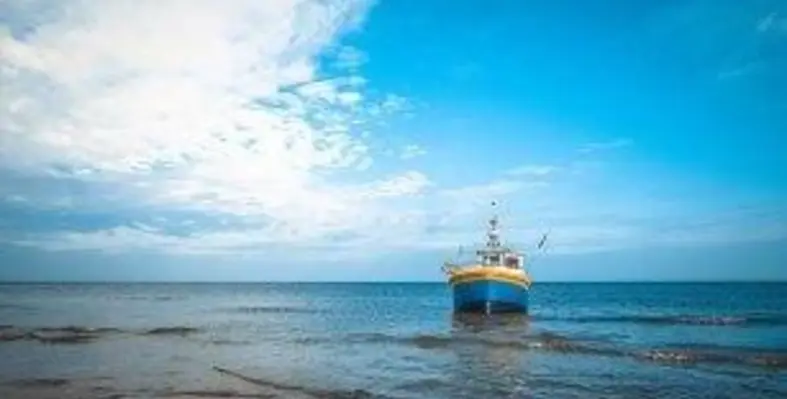The blue economy, the sustainable use of ocean resources for economic growth, in Africa has the potential to be a site of economic production, linking small, medium and big production firms to promote poverty alleviation, equality and better living standards for the people, according to the Economic Commission for Africa (ECA) director for Southern Africa (SRO SA) Said Adejumobi
The statement was made at a high-level policy dialogue on the “The Blue Economy, Climate Change and Environmental Sustainability” in Windhoek, Namibia.
Adejumobi stressed that the dialogue is focusing on the potential threats and dangers to the blue economy sector from climate change and environmental challenges. “If the blue economy is to serve as a viable mechanism for powering our industrialisation process, the threats to the realisation of such goal need to be urgently addressed,” he added.
Adejumobi further emphasised the importance of oceans which are at the heart of the planet, covering over two-thirds of the earth’s surface, being home to more than 80 per cent of life on the earth, supplying nearly half of the oxygen we breathe, and serving as the largest carbon sink on the planet by regulating the earth’s climate through absorbing carbon dioxide that we produce.
“A recent report by the World Wildlife Fund estimated that the value of key ocean assets to be US$24tn, which is indeed a conservative estimate; the actual value is likely to be much higher because many key ecosystem services are difficult to quantify, with an annual value of goods and services estimated at US$2.5tn,” he added.
Adejumobi further observed that the blue economy is Africa’s “hidden treasure,” which if well and sustainably tapped, can make a difference in Africa’s economic transformation and development. “In realisation of the immense benefits of the blue economy, sustainable development goal (SDG) 14 commits member States to conserve and sustainably use the oceans, seas and maritime resources for purposes of development,” he said.
Speaking at the same event, Namibia’s United Nations Development Programme (UNDP) resident representative Alka Bhatia noted that the desired outcome of a blue economy is to achieve “improved human well-being and social equity, while significantly reducing environmental risks and ecological shortages - an outcome which is at the centre of UNDP’s work in Namibia, and globally.”
Bhatia further highlighted that Namibia’s fisheries is the third largest income earner and contributes about 15 per cent of total exports, “about 16,800 people were directly employed in the fisheries sector as per estimates in 2017,” she added.
The two-day policy dialogue offers a great opportunity for stakeholders to share ideas and opportunities, raise awareness on climate change and environmental stewardship, create innovative new partnerships and work together towards effectively addressing climate-related changes in order to realize the full potential of the blue economy.












